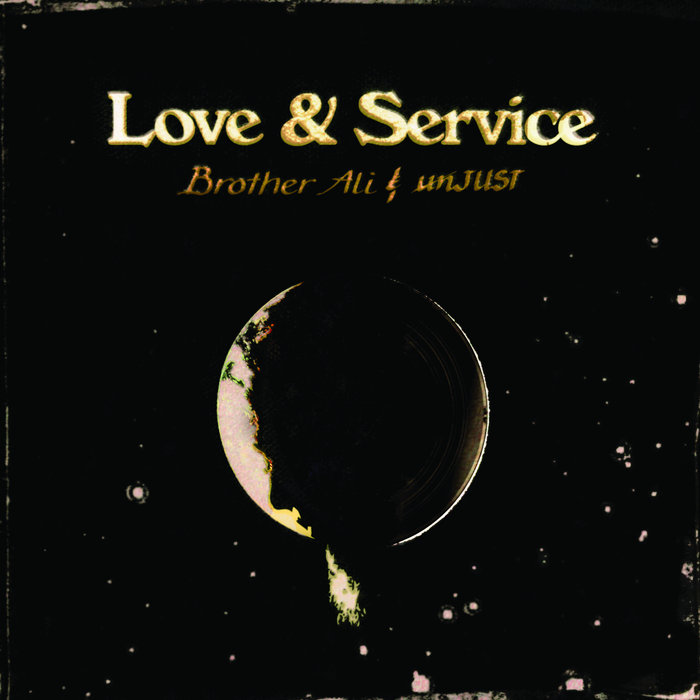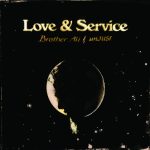In 2020, while Minneapolis was on fire and the world was coping with quarantine blues, Brother Ali looked around and wondered if we had forgotten how to be in community together. The music scene that had nurtured him, celebrated him, and introduced him to the world was now imploding with allegations of abuse and online campaigns of cancelation. Artists were attacking each other over petty grievances, music venues were getting bomb threats, and friends were skipping past dialogue to shout each other down in all-caps Twitter sermons. Feeling demoralized and alienated, Ali left America with his family to seek refuge in Istanbul, the capital of Sufi Islam and the land of Rumi.
At the same time, Unjust was feeling crushed by his own experiences of isolation. After living in the Bay Area for 18 years and cutting his teeth with the celebrated hip hop collective Hieroglyphics, he realized that a sustainable life in California was no longer possible. His network had evaporated as sky-high costs of living pushed all of his collaborators, friends, and family out of the state. Seven straight weeks of wildfires and rolling blackouts had been traumatic. And 500+ days of stay-at-home orders (the longest in the country) left him feeling untethered from any sense of connectedness. As herds of deer took over the empty Interstate 580, Unjust and his wife started plotting their escape to his childhood home of Yellow Springs, Ohio.
Brother Ali and Unjust, strangers who were fans of each others’ work, connected through a series of voice notes and quickly built a friendship rooted in healing via music-making. They began collaborating on songs from opposite sides of the globe. Justin created musical beds on his Ensoniq ASR-10, a thirty-year-old analog sampling keyboard. Cut off from record stores (the lifeblood of every hip hop producer), he turned to a stash of children’s educational films on 16mm and VHS looking for his inspiration. Ali recorded vocals from his new Turkish neighborhood of Uskudar. The music they were writing asked the questions hanging over them both. In an internet age, how do we learn to communicate from a place of love? How do we settle grievances and address harms without replicating the oppressive structures we’re fighting to dismantle? How do we push past generations of trauma and create cultures of healing?
As the music took shape, Unjust gave the project a visual identity. A life-long fan of hand-drawn illustration and cartoons, he created a dynamic animated canvas for visual storytelling to accompany the concepts Brother Ali was writing about. In “Love & Service”, six songs from this duo are elevated and amplified through vivid and at times surreal imagery. Each song features a unique style of animation meant to harken back to the days of pen scribblings and charcoal drawings. These are not the slick, hyper-realistic computer graphics that define most modern animation. This is textured, choppy art with fingerprints and smudges.
“Love & Service” packs a lot into 13 tracks. It’s a spectacle without any gloss. It’s beautiful but asks uncomfortable questions. It incorporates a multitude of styles, but feels cohesive and organic. And while it explores the myriad ways that humans are failing one another, it lands with the affirmation that we’re all worthy of love.
credits
Produced, Illustrated, Animated, and Arranged by Justin “unJUST” Herman.
Written, Recorded, Arranged, and Performed by Brother Ali in Istanbul Türkiye
Mixed by Eddie Sancho, Kenny Segal, and Brother Ali
Mastered by Dave Cooley
Album Coordinated by Brendan “BK-One” Kelly



















